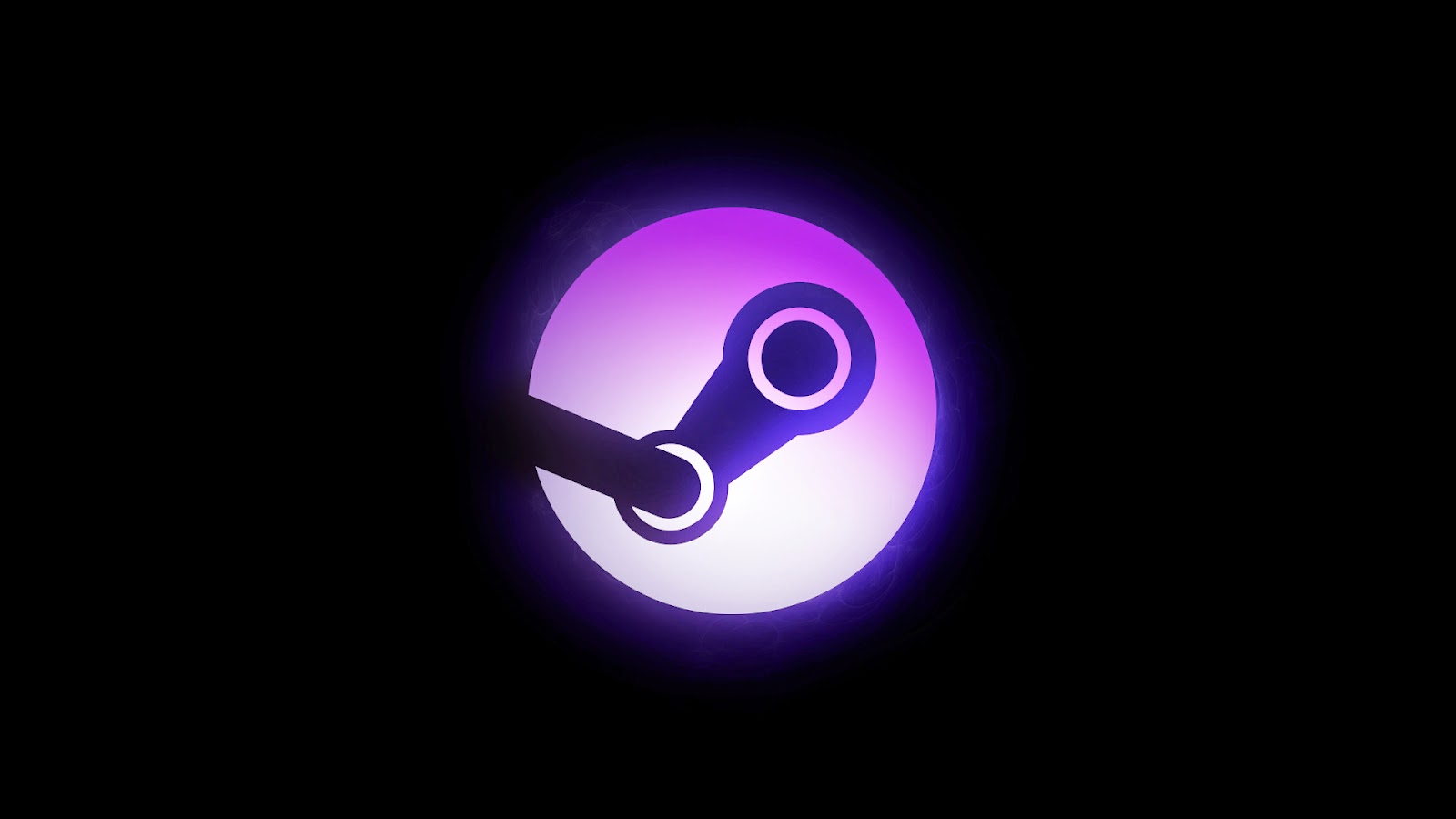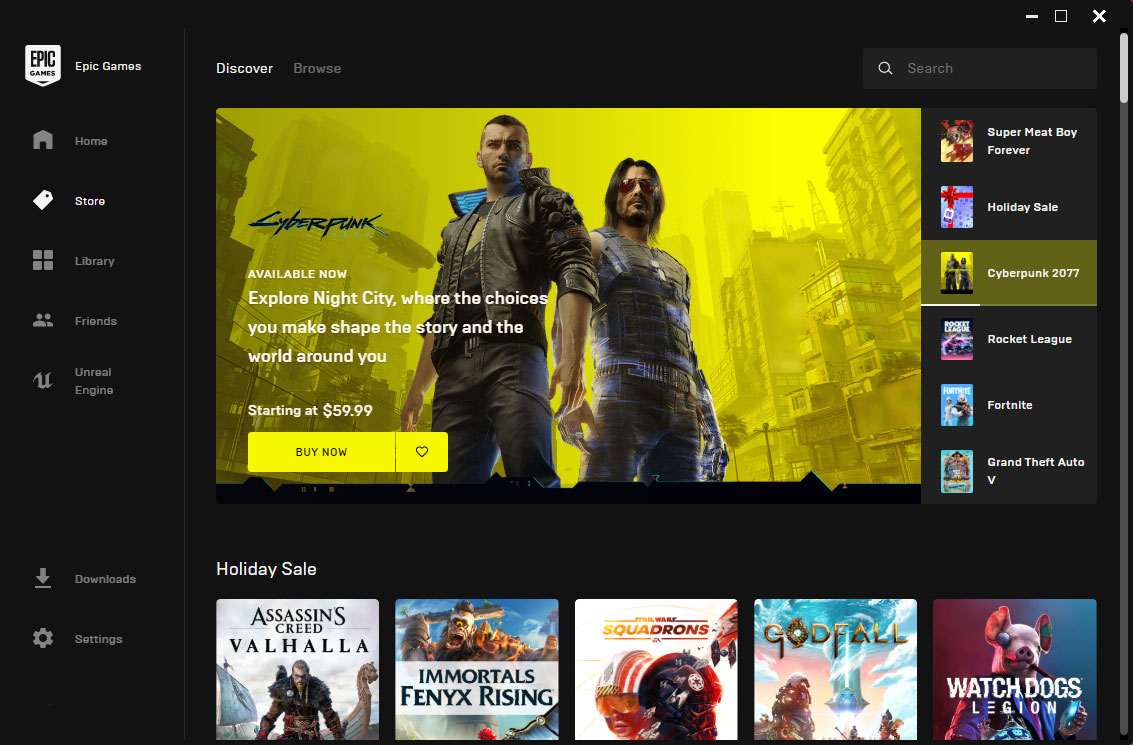Most game devs don't think Steam earns its 30% revenue cut
Only 6% of developers say game stores are justified in taking a cut of 30% or higher.

Steam is the dominant PC game distributor by far, but the majority of game developers don't think Valve is earning its 30% revenue cut. In a survey of over 3,000 game industry professionals (mostly from North America and Europe), only 3% said that it's fair for stores such as Steam and GOG to take 30% of their revenue. Another 3% said that more than 30% is justified (strange answer!), but most think the cut should be lowered. 43% said that a 10% or 15% cut is justified.
The question, which appeared in the 2021 GDC State of the Game Industry survey, was worded: "What do you think is a justifiable amount of your game’s revenue for digital storefronts (eg Steam, Epic Games Store, App Store) to take?"
A similar question was asked in GDC's 2020 survey, although it was aimed directly at Steam: "What do you think is a justifiable amount of your game's revenue for Steam to take?" In that survey, just 7% of respondents said that 30% or more was justified. 2019's survey posed a yes or no question, asking if Steam justified its 30% cut, and Valve didn't fare well there, either. 32% of respondents said "no" and 27% said "probably not."
The 30/70 revenue split, which once seemed like an immutable industry standard, has been heavily scrutinized in recent years in part because Epic Games came out swinging in late 2018 when it launched the Epic Games Store. Epic declared that a 30% cut is unreasonable, and set its fee at 12%, directly challenging Steam, GOG, and the Apple and Google app stores.

Epic's competition didn't scramble to join it, but it has budged. Steam lowered its cut, though only for big publishers who've brought in over $10 million on the platform. Apple took the opposite approach, favoring small iOS developers by halving the 30% App Store cut for those that earn under $1 million in revenue per year. Google's Play Store will follow suit this year.
The Epic Games Store isn't as feature rich as Steam (especially when it comes to community stuff), and is currently limited to games handpicked by Epic, whereas anyone can submit a game to Steam for a $100 fee. Epic plans to open up its store to more developers by the end of the year, and continues to build new features, though it still draws anger from PC gamers over its exclusivity strategy. To muscle into Steam's territory, Epic has spent hundreds of millions of dollars on deals that keep games on the Epic Store and off Steam for a year. It's burning through cash for now, but Epic maintains that its 12% cut will be enough to profit in the long term, challenging the idea that game distributors need to take 30% to be viable.
Steam's 30% cut is clearly unpopular, so if Epic really can sustain a store on 12%, it may attract more developers and publishers in the long run. For now, though, the Epic Games Store has a long way to go before matching Steam's size. Only 6% of the developers surveyed said that the majority of their revenue comes from the Epic Games Store, and 78% of them don't sell anything on Epic's store. In contrast, just 40% of developers said they don't sell games on Steam, and 47% of all the developers surveyed earn half or more of their revenue from Valve's platform.
Keep up to date with the most important stories and the best deals, as picked by the PC Gamer team.
Related to Epic's big swings at industry leaders, Epic and Apple go to court next week to resolve a dispute that led to Fortnite being pulled from the App Store last year. The lawsuit is sometimes misunderstood to be about the size of Apple's 30% cut, but that's not quite right. While Epic does argue that 30% is too high, what it really wants is for Apple to let it handle its own payment processing on iOS devices, allowing it to entirely bypass the revenue cut for in-app purchases in Fortnite and a future iOS version of the Epic Games Store. In that regard, Epic recently practiced what it preaches, allowing indie store itch.io to release on the Epic Games Store. (I break down the Epic v Apple lawsuit in more detail here.)

Tyler grew up in Silicon Valley during the '80s and '90s, playing games like Zork and Arkanoid on early PCs. He was later captivated by Myst, SimCity, Civilization, Command & Conquer, all the shooters they call "boomer shooters" now, and PS1 classic Bushido Blade (that's right: he had Bleem!). Tyler joined PC Gamer in 2011, and today he's focused on the site's news coverage. His hobbies include amateur boxing and adding to his 1,200-plus hours in Rocket League.

